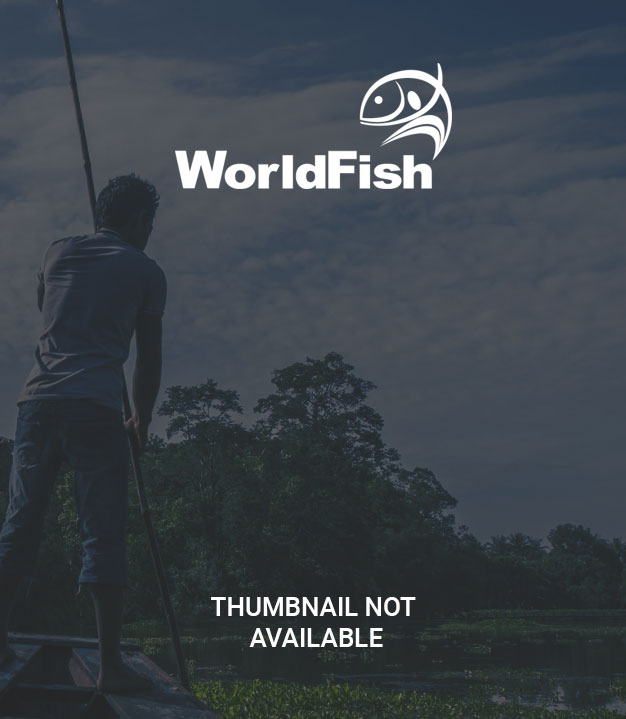A framework to assess national level vulnerability from the perspective of food security: The case of coral reef fisheries

Citation
Hughes, S. et al. (2012). A framework to assess national level vulnerability from the perspective of food security: The case of coral reef fisheries. Environmental Science & Policy 23: 95–108
Measuring the vulnerability of human populations to environmental change is increasingly being used to develop appropriate adaptation policies and management plans for different economic sectors. We developed a national-level vulnerability index that is specific to food security policies by measuring nations’ relative vulnerabilities to a decline in their coral reef fisheries. Coral reef fisheries are expected to decline with climate and anthropogenic disturbances, which may have significant consequences for food security. The vulnerability measure was composed of exposure, sensitivity, and adaptive capacity indicators specific to fisheries, reef management, and food security. The vulnerability index was used to evaluate 27 countries, as data required to fully populate the theoretical framework was limited. Of these, Indonesia and Liberia were identified as most and Malaysia and Sri Lanka as least vulnerable nations. Our analysis revealed two common national vulnerability characterizations: low income countries with low adaptive capacity and middle-income countries with higher adaptive capacity but high sensitivity. These results suggest developing context-specific policies and actions to build adaptive capacity in the low-income countries, and to decrease sensitivity in middle-income countries. Comparing our food security evaluation to a more general vulnerability approach shows that they produce different priority countries and associated policies.
Permalink
Date Available
Type
Publisher
Countries
ISSN
1462-9011
Research Themes
Language